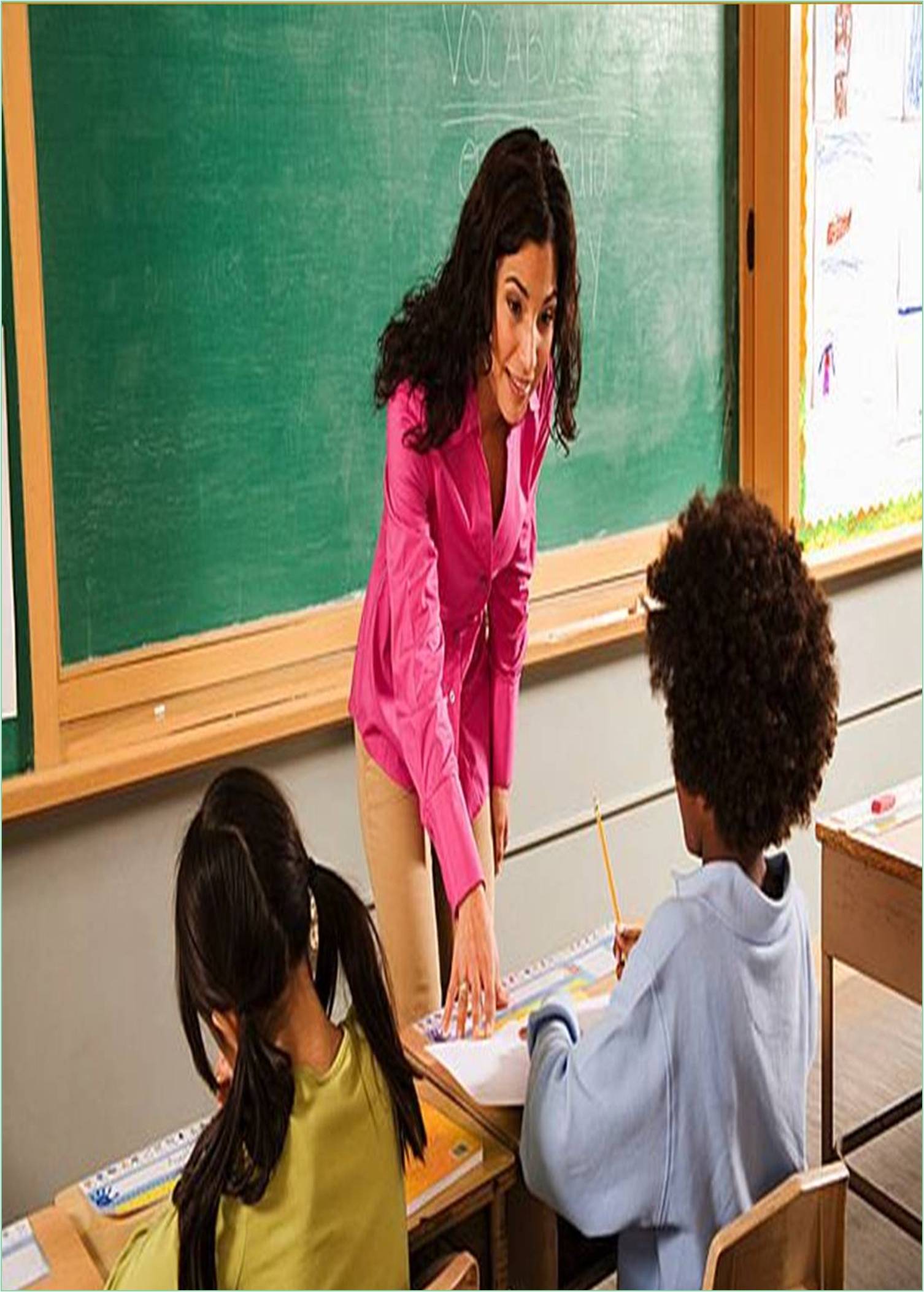



Received: 01-Jul-2022, Manuscript No. GJTE-22-71709; Editor assigned: 04-Jul-2022, Pre QC No. GJTE-22-71709 (PQ); Reviewed: 21-Jul-2022, QC No. GJTE-22-71709; Revised: 29-Jul-2022, Manuscript No. GJTE-22-71709 (R); Published: 05-Aug-2022, DOI: 10.15651/GJTE.22.10.025
Academic literacy is the capacity to use fundamental reading, writing, and critical-thinking techniques across a variety of different course kinds. Academic literacy can also refer to other types of literacy necessary for advanced learning, such as quantitative abilities, listening and speaking skills, cross-cultural communication, information literacy, and using technology as a learning aid. Students improve their academic literacy in college by building on their prior knowledge and learning more sophisticated reading, writing, and learning techniques (Kelly-Laubscher et al., 2014).
A literacy strategy is a deliberate action that a student performs to improve academic performance and foster learning abilities. The phrase "literacy strategy" frequently refers particularly to techniques for improving reading or writing success.
• skimming a chapter of a textbook to get a sense of how it's laid out
• annotating reading assignments by making notes in the text's margins
• testing oneself as we read
A discipline is a field of study in academia or the workplace. The specialized knowledge and abilities that advanced learners and subject-matter experts acquire within a field of study are referred to as disciplinary literacy. Each community within an academic or professional setting has its own reading, writing, and learning practices. In order to develop knowledge and communicate with one another, experts in a field of study have standards and expectations for how they use written materials. Additionally, they share a vocabulary of technical terms that correspond to the kinds of knowledge that professionals in the subject create and discuss in their writing (Lampi J et al., 2018).
The foundation of disciplinary literacy is the notion that text and literacy are specialized, if not unique, across fields. For example, historians and mathematicians approach reading in quite different ways. Similar to this, even someone with limited knowledge of arithmetic or literature can tell a science piece from a literary one with ease (Lea R et al., 1998).
Students who intend to transfer to a four-year institution or who enroll at a university take general education classes in a variety of subject areas during their first year of college. In order to succeed academically in general education courses while pursuing their degrees, students must modify their reading, writing, and study habits to fit a variety of various course formats. Students increasingly concentrate on specific coursework in their professional programs or major and minor fields of study as they go into higher level courses. In their first or second years of college, students who are pursuing applied technical degrees may begin to take more specialized coursework (Lea M, 2016).
As students take more than one course in a topic, they build specialized literacy abilities and techniques that they use for new reading, writing, and learning activities in that discipline. They do this by drawing on their prior knowledge from preceding courses. Students advance from being beginners (or novices) to eventually becoming experts through this process of developing knowledge and becoming more and more skilled in the advanced work of a discipline. As college graduates enter the workforce or enroll in graduate programmes, the job of gaining subject-matter expertise and bolstering specialized literacy skills continues. As part of a lifelong learning process, discipline knowledge and competence are developed (Mckay T et al., 2013).
One method for promoting the growth of academic literacy is dissecting and methodically going over the components of a well-written academic work at or just above the students' current developmental level. During this process, we will examine the social context of the text (such as the relationship between the author and the audience) and how the text's organisation, structure, vocabulary, and grammatical choices reflect that context. The following template offers a general overview of the kinds of questions that could be posed to a text during this procedure; these questions can be modified to focus on the ones that are most pertinent to the text under investigation.
Kelly-Laubscher, Van der Merwe M (2014). An intervention to improve academic literacies in a first year university biology course. Crit. Stud. Teach. Learn. 2(2):1–23. [Crossref] [Google Scholar]
Lampi J, Reynolds T (2018). Connecting practice & research: From tacit to explicit disciplinary writing instruction. J. Devel. Educ. 41(2):26–28. [Google Scholar]
Lea R, Street BV (1998). Student writing in higher education: An academic literacies approach. Stud. High. Education. 23(2):157–172. [Crossref] [Google Scholar]
Lea M (2016). Academic literacies: looking back in order to look forward. Crit. Stud. Teach Learn. 4(2):88–101. [Crossref] [Google Scholar]
Mckay T, Simpson Z (2013). The space between: Pedagogic collaboration between a writing centre and an academic department. Persp. Educ. 31(4):27–42. [Google Scholar]